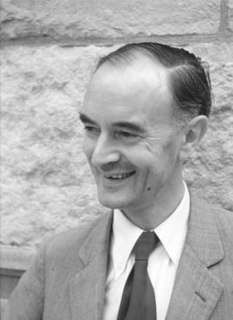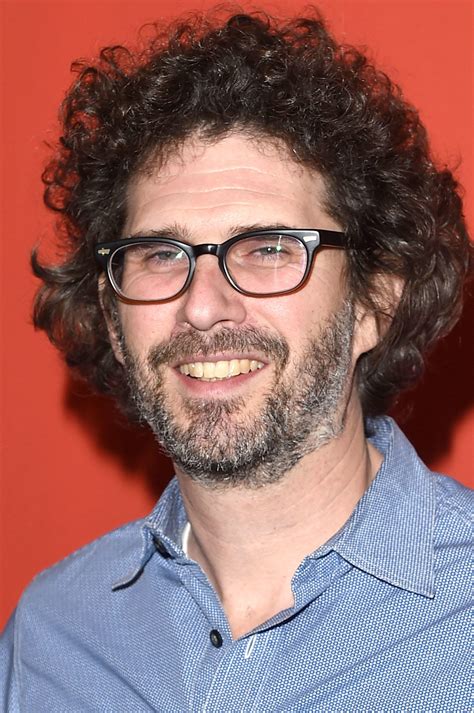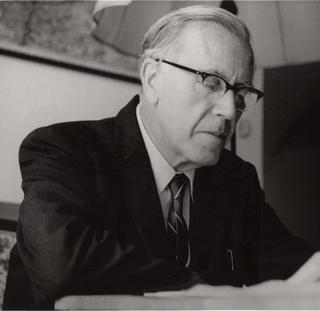A Quote by William Hazlitt
Of all eloquence a nickname is the most concise; of all arguments the most unanswerable.
Related Quotes
Highly technical philosophical arguments of the sort many philosophers favor are absent here. That is because I have a prior problem to deal with. I have learned that arguments, no matter how watertight, often fall on deaf ears. I am myself the author of arguments that I consider rigorous and unanswerable but that are often not such much rebutted or even dismissed as simply ignored.
The study of Freemasonry is the study of man as a candidate for a blessed eternity. It furnishes examples of holy living, and displays the conduct which is pleasing and acceptable to God. The doctrines and examples which distinguish the Order are obvious, and suited to every capacity. It is impossible for the most fastidious Mason to misunderstand, however he might slight or neglect them. It is impossible for the most superficial brother to say that he is unable to comprehend the plain precepts and the unanswerable arguments which are furnished by Freemasonry.
Most of this film, however, is about interpretation - are these people terrorists or freedom fighters? Are they good or bad? Is cutting timber good or bad? And I don't feel like the answers to those questions are simple, so we don't try to answer them for the audience. I wanted to elicit the strongest - and most heartfelt - arguments from the characters in the film and let those arguments bang up against the strongest arguments of their opponents.
Over his illustrious career, John Harris has explored the most challenging bioethical questions with insight, engaging wit, and eloquence. In Enhancing Evolution, Harris does it again. He argues that it is not just an option but an obligation for people to use available biomedical technologies to enhance their own--and their children's--physical and mental abilities. Harris rightly deserves his reputation for fearlessly following his ethical arguments wherever they lead.



































